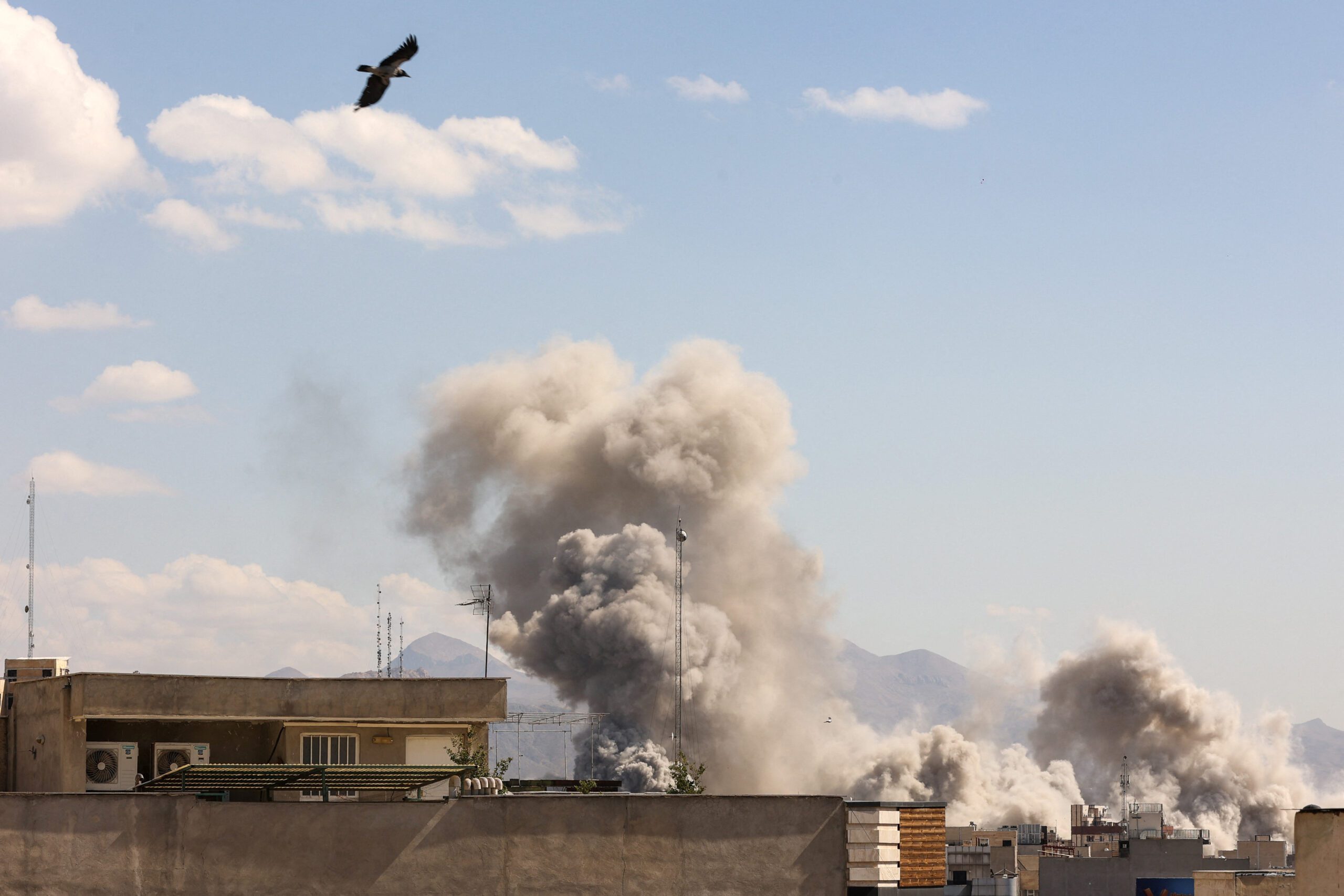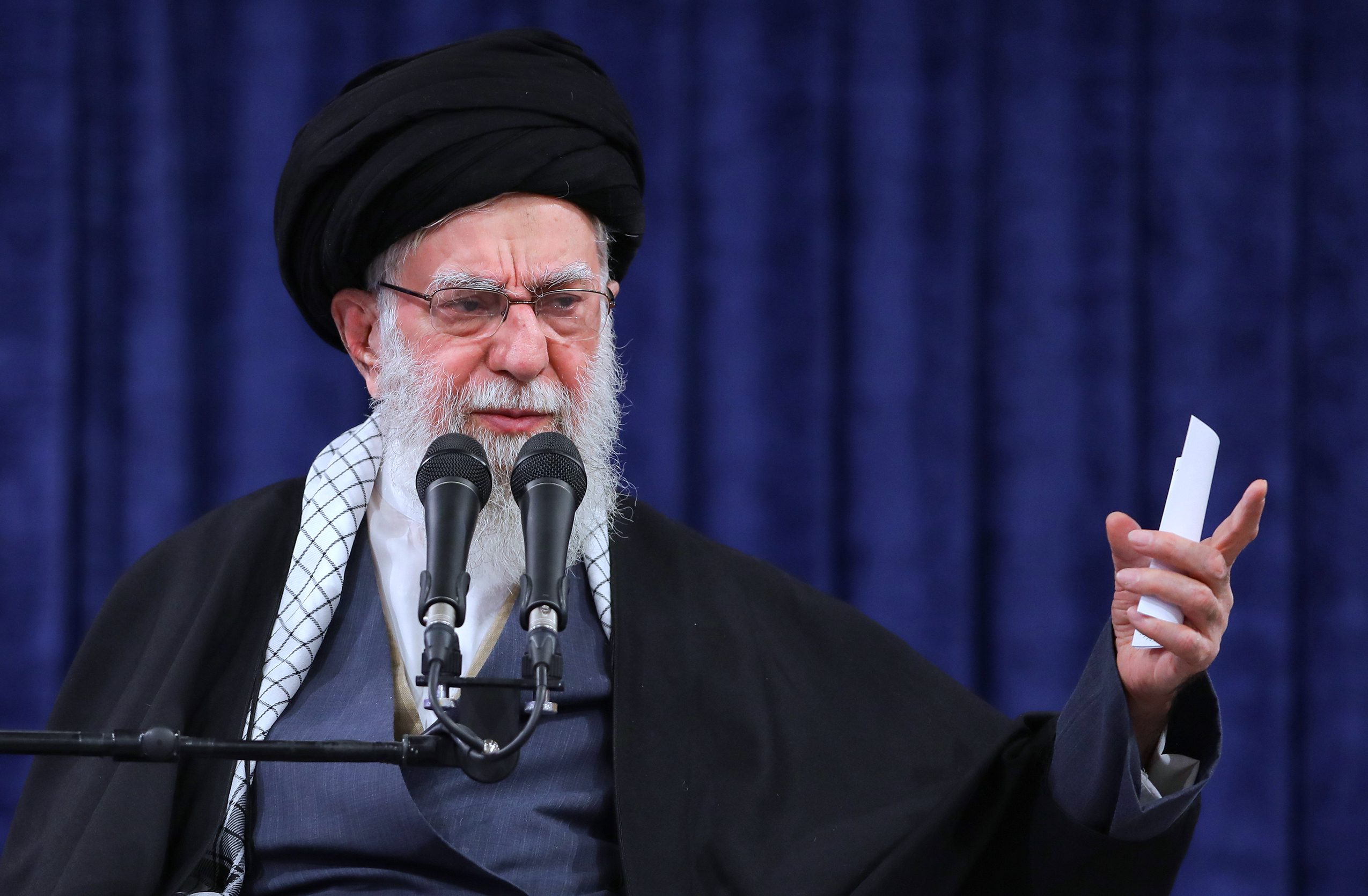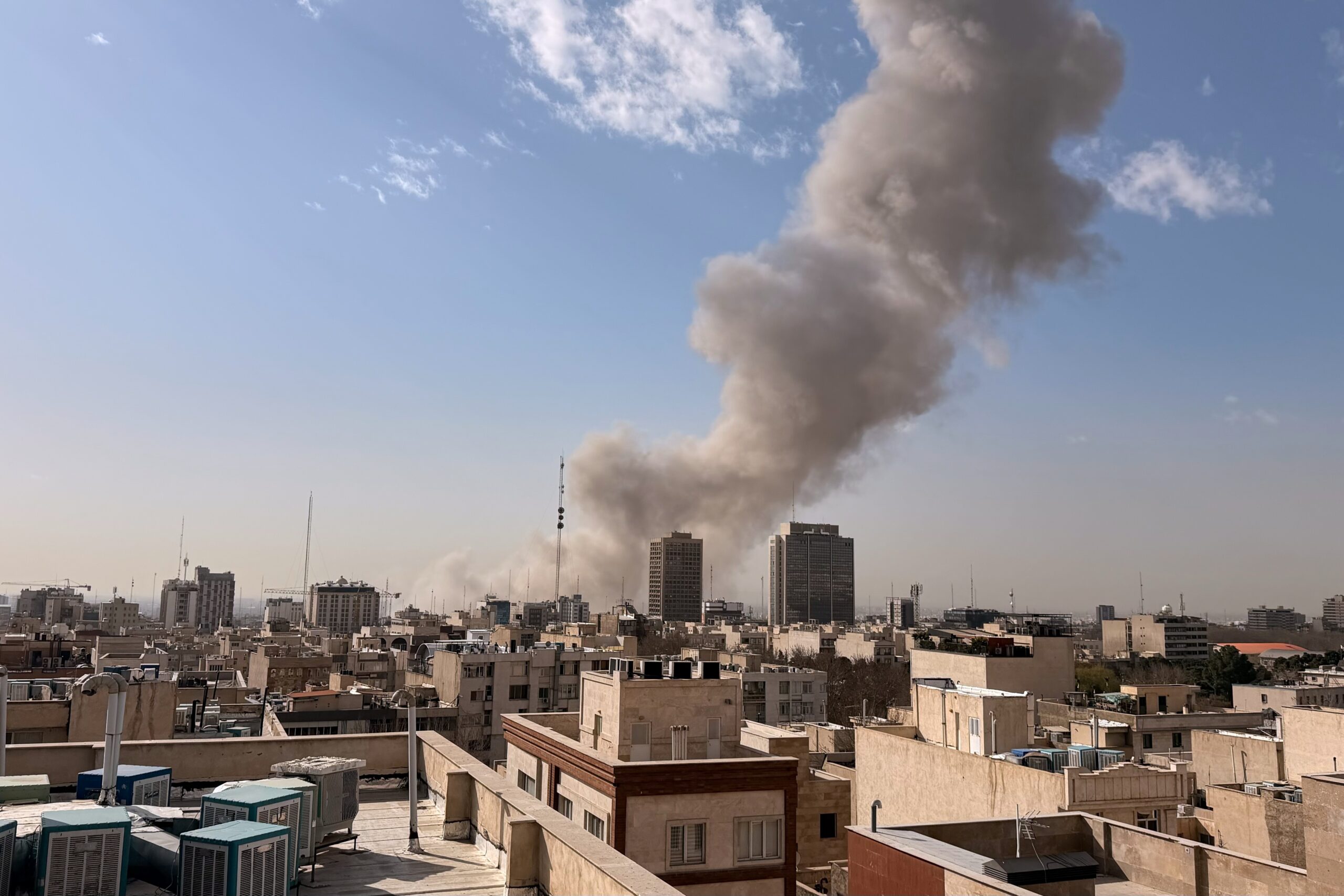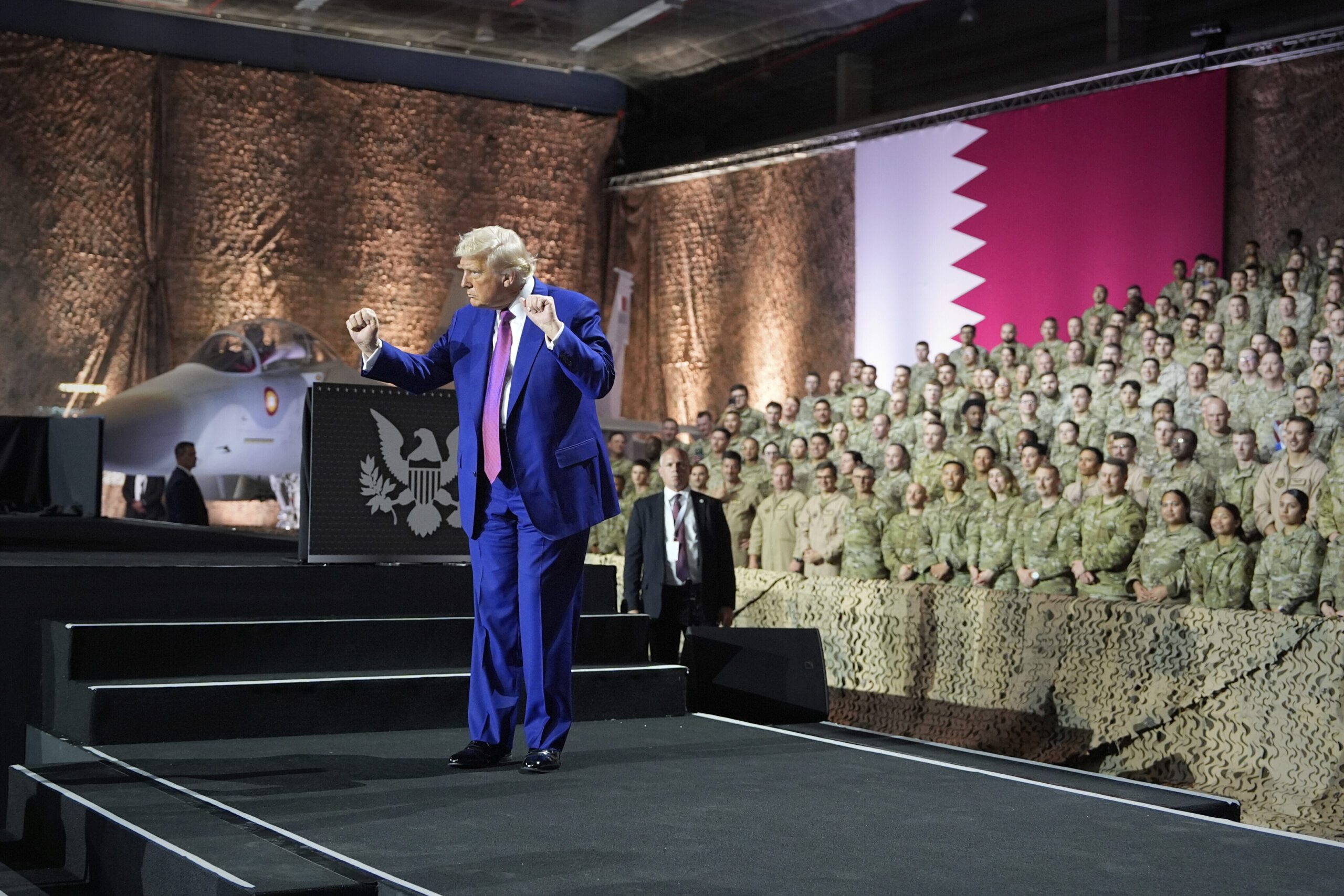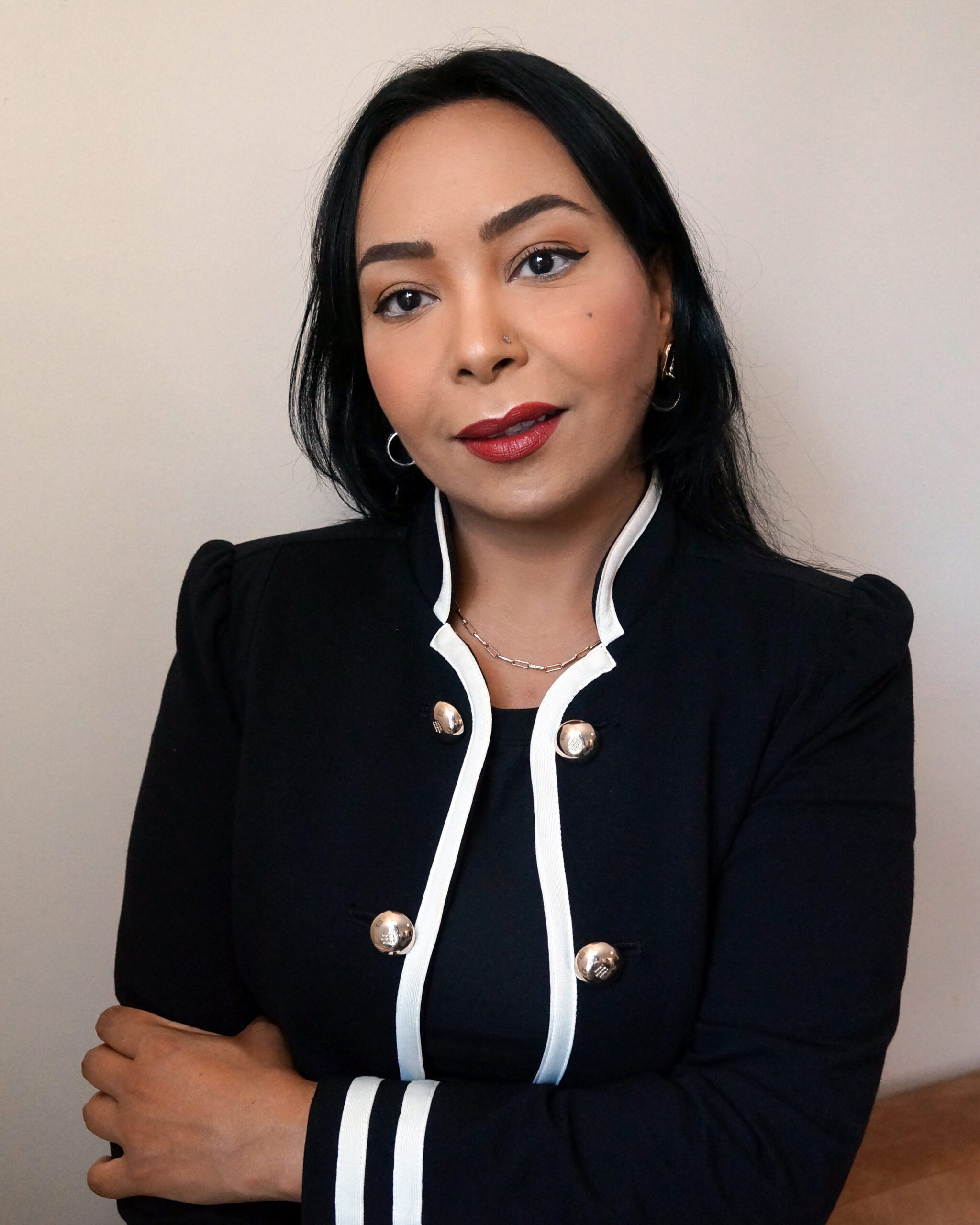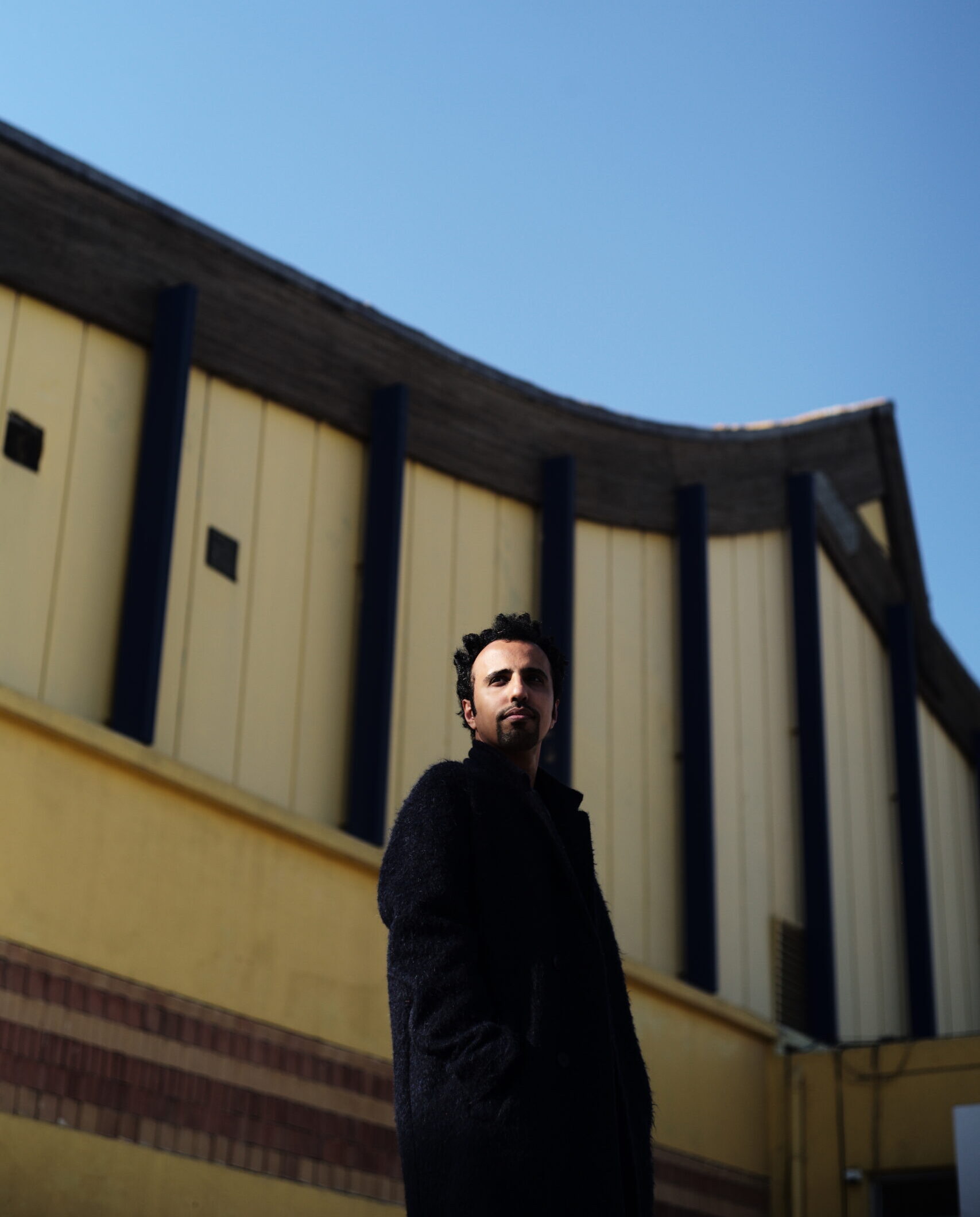New Elections and Frustration Within Kuwait’s Elite
Amid an ongoing political standoff and governing malaise, some within Kuwait's elite have challenged the Al Sabah family-led government.
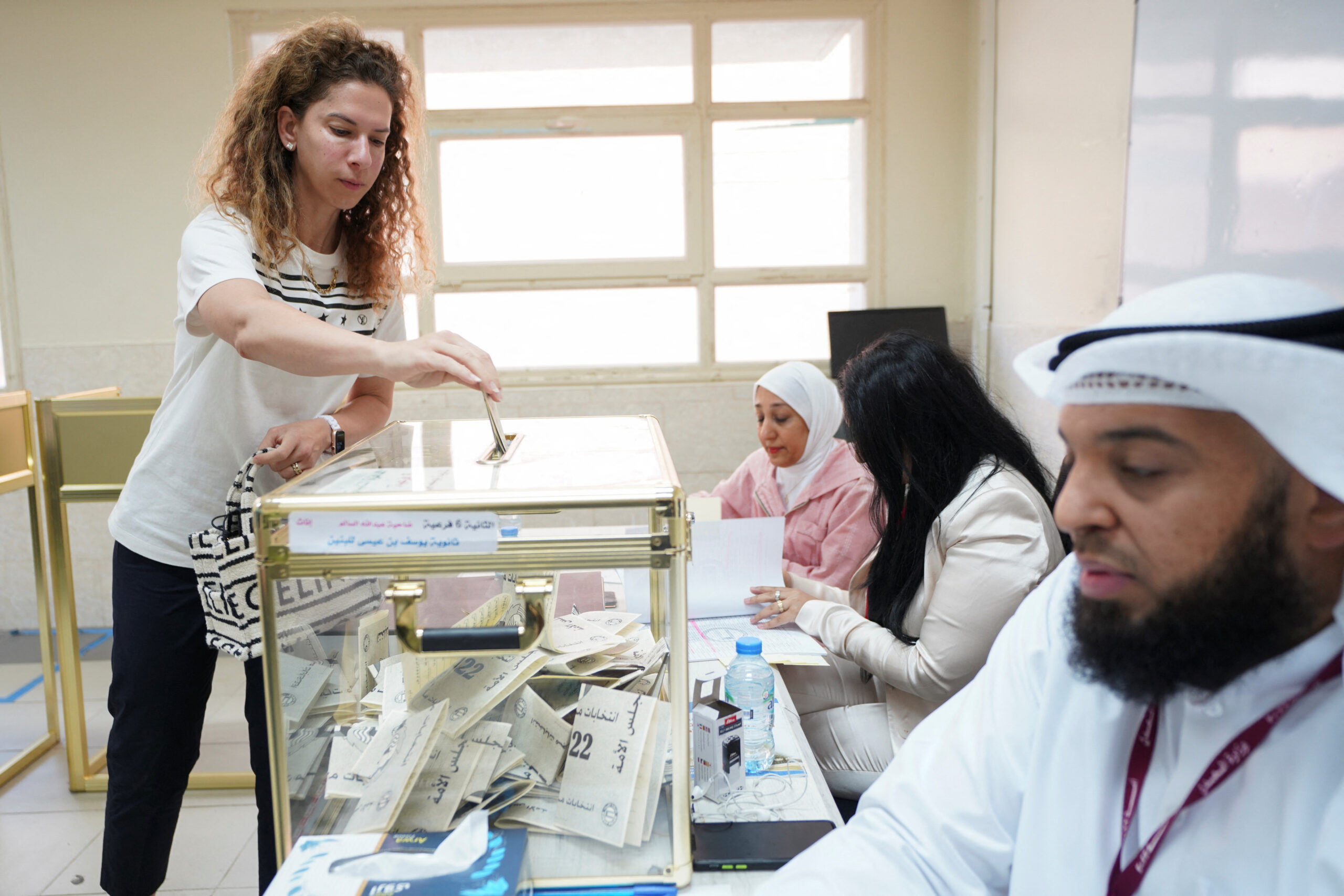
On April 17, Kuwait’s leadership announced the dissolution of another Parliament, setting up the country’s third set of elections in as many years. Political turnover is nothing new in the emirate, which boasts the most empowered Parliament in the Gulf and has frequent confrontations between the executive and elected branches. Yet this round seems to mark something different. Amid the ongoing political standoff and governing malaise, some within Kuwait’s elite have pushed back against the ruling Al Sabah family-led government.
An element of defiance has appeared from the judiciary and among the merchant class. On March 19, the country’s Constitutional Court issued a surprise decision scrapping the existing Parliament, or National Assembly, and returning the one elected in December 2020 and dissolved by royal decree in 2022, ruling that the decree violated the constitution. The ruling was followed by scorching speeches from the newly reinstated parliamentary speaker and the head of the powerful Kuwait Chamber of Commerce and Industry directly challenging Prime Minister Ahmed Nawaf al-Ahmed al-Sabah and decrying the state of the country. A May 1 royal decree once again retired the 2020 parliamentarians and prepares the way for their replacement through new elections June 6.
What is to be made of the judiciary overruling the actions of a Gulf sovereign and prominent members of the business class pointedly attacking the Al Sabah family-led executive? And now that the ruling Al Sabah leadership has chosen to move to yet another round of elections, what can be expected from the new polls?
A Judicial Showdown
More than any other country in the Gulf, Kuwait maintains a degree of power sharing and popular governance. This derives from the prominence of the leading merchant families, who see themselves as near equals of the ruling Al Sabah family, and the precarious security position of the small emirate, which encouraged the leadership to generate public loyalty through political buy-in.
The 1962 Kuwaiti Constitution ensures popular representation through an elected Parliament and political rights as adjudicated by the Constitutional Court. The ruling family still maintains ultimate authority, holding the executive through its appointed Cabinet, and overseeing the judiciary through the approval of all judicial appointments. Still, the political system and the constitution that defines it require a higher degree of consensus building and legal adherence than in other states in the region. They also permit outcomes unthinkable in other Gulf countries, such as what happened in March: a court implicitly rebuking the actions of a ruling family-led executive and overturning a popularly elected Parliament.
The Kuwaiti Constitution guarantees the autonomy of the judiciary, but the ruling family maintains what one Kuwaiti legal analyst described as “soft influence” through a number of mechanisms. The Supreme Judicial Council, made up predominantly of senior judges, has the authority to appoint and promote judges, but Kuwaiti law also empowers the executive, through the minister of justice, to be involved in senior appointments. The Supreme Judicial Council’s funding also comes from the Ministry of Justice. The five members of the Constitutional Court, which has sole purview over constitutional issues, are selected by the Supreme Judicial Council and approved by the emir.
By most accounts, the March 19 ruling that the emir’s dissolution of the Parliament elected in 2020 was unconstitutional came as a surprise. It was not the first time the Constitutional Court had made such a ruling, however. In June 2012, it effectively annulled elections held in February and overturned the elected Parliament. Due to this earlier experience, the executive took greater caution in holding to the law in its procedures dissolving the 2020 Parliament, yet still fell afoul of the Constitutional Court. In both cases, the rulings overturned Parliaments dominated by the opposition.
The leadership’s relations with the opposition-minded Parliament elected in September 2022 had been tense due to its members pushing for budget-straining populist measures. But there had been a general political detente between Parliament and the executive branch led by Ahmed Nawaf based in part on the removal from the political scene of the powerful yet not universally popular speaker of parliament, Marzouq al-Ghanem. The March 19 court decision upended Ghanem’s ouster, however, returning this scion of a prominent merchant family to leadership.
The ruling put the Al Sabah leadership in a difficult position. The disempowered parliamentarians were furious, and the public was despairing of this new source of political uncertainty. Given its prior assurances of cooperation with the Parliament, the ruling made the Al Sabah-led government appear unreliable and, for many, weak. The emir responded by pressuring the president of the Supreme Judicial Council and Constitutional Court, Mohammed bin Naji, to step down. He duly announced his retirement April 4, but incredibly, the Supreme Judicial Council stepped in yet again, rejecting his resignation and reasserting the independence of the judiciary. This judicial standoff appeared to be resolved in favor of the executive when, once again, Naji applied for retirement April 12.
A Merchant Protest
The temporary reinstatement of the 2020 Parliament did not come without added drama. The 2022 elections had been held under the promise of a “new era,” with Crown Prince Meshal al-Ahmed al-Jaber al-Sabah pledging that the government would not interfere with the elections for parliamentary representatives and leadership. The unfavorable political environment had persuaded Ghanem to decline to run again, allowing a venerable stalwart of the opposition, Ahmed al-Saadoun, to be elected speaker in October 2022. However, with the March Constitutional Court ruling, Saadoun was removed and Ghanem returned to power.
Ghanem’s ability to affect policy during his short return to power was stymied by the Cabinet’s decision not to meet with the reinstated Parliament. Ghanem is not one to shy from confrontation, and he most often wins, backed by a powerful family and having the sympathy and support of Kuwait’s urban merchant class. Ghanem responded with a hard-hitting speech, accusing Ahmed Nawaf of preventing him from meeting with his father, the emir, and demanding that the Al Sabah leadership respect the constitution and assign government ministers to attend parliamentary sessions. Ghanem attacked the head of government and son of the emir in strikingly personal terms, saying, “Your presence is a danger to the country and to all Kuwaitis.”
This confrontational speech was given added weight by another speech delivered the same day by the chairman of the powerful Kuwait Chamber of Commerce and Industry, Mohammed al-Saqr. Saqr decried the stagnation of the country, comparing Kuwait’s trials over the past 50 years to those of Sisyphus, forever cursed to haul a large rock up a mountain to no avail, only to have to start from the bottom again. He asserted that Kuwait is going through the “most bitter, deep, and oppressive” period since Iraq’s 1990 invasion. Saqr echoed the words of Ghanem, warning that “our homeland is in danger. Our homeland is in grave danger. And when the homeland is in grave danger, we have no right to remain silent.”
These two extraordinary speeches, coinciding with the Supreme Judicial Council’s decision to publicly reject the resignation of its chair, give the feel of a real power standoff. Many Kuwaitis suffer from and resent the country’s governance failures. But the rise of populists and reformers within the National Assembly alleging corruption by powerful business interests is most upsetting to the urban merchant class. It has watched its hold on Parliament wane and has only partially checked this decline with the election of commanding figures like Ghanem. The merchant class has recently fought back against public campaigns condemning it and questioning its patriotism by emphasizing the pivotal role merchants have played in building the country and its democratic institutions.
A Real Decision at the Polls
For now, the two viewpoints and constituencies look to confront one another in elections once again. And, as opposed to the 2022 elections, the leadership of the National Assembly will be fiercely contested. Both former speakers, Ghanem and Saadoun, have thrown their hats into the ring.
Based on the outcome of the prior elections – when nearly all of Ghanem’s allies were defeated at the polls – the pro-business camp may seem in trouble. Yet both the administrative and political context for the current elections is in flux. In his April speech, the crown prince alluded to the need to reform both the legislative and judicial branches of government. Whether measures will be taken prior to the elections is unclear.
During his short return to the speakership, Ghanem championed reforms to Kuwait’s election laws. Prior reforms implemented through emiri decree have weakened the fortunes of political societies, Kuwait’s substitute for prohibited political parties. Some public figures have been championing more radical reforms that would disenfranchise naturalized citizens. But this seems unlikely. In the absence of judicial reforms, however, opposition and reformist candidates may suffer. The public feels demoralized by the repeated dissolution of Parliament by the judiciary and holds no confidence that it will not happen again, especially because the same Supreme Judicial Council that overturned the last elections and initially refused the resignation of its chief justice remains in power.
Frustration is mounting, and rhetoric is escalating on both sides of the political divide. Without more decisive action by the leadership, more challengers to the Al Sabah family may be tempted to assert themselves.
The views represented herein are the author's or speaker's own and do not necessarily reflect the views of AGSI, its staff, or its board of directors.

